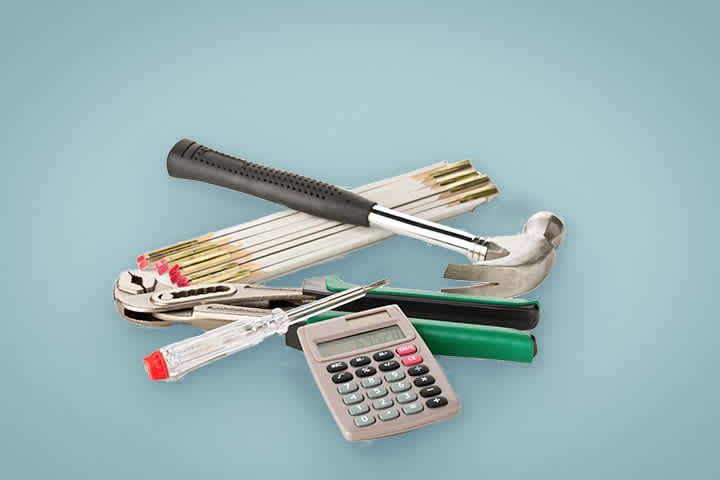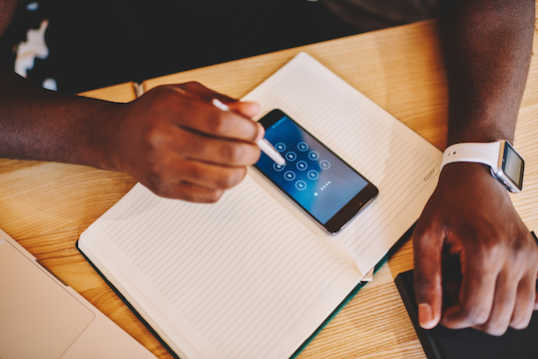Museum of Circular Economy: what’s next?
Keytrade Bank
keytradebank.be
November 18, 2022
5 minutes to read
In October, Nina Maat (25) opened a pop-up museum on the circular economy. Some thirty companies, seven learning institutions and more than fifteen artists exhibited their views on the subject. It became an unexpected success. While Nina was hoping to welcome 2,000 visitors and 35 schools, no less than 6,000 people, 55 schools, a handful of companies and non-profit organisations came through the door.
"The aim of the Museum of Circular Economy was to make visitors think about the pros and cons of the circular economy and their possible role in it. And to raise awareness of circular economy principles," says Nina. "Recycling is the first thing people think of, but it goes far wider and deeper. Circular also means keeping products in circulation for as long as possible by sharing, renting, re-using, repairing or, in the end, recycling them.”
Good memories and 506 kg of batteries
"I really appreciated meeting a lot of people who rarely devote time to art or sustainability. This was another aim: Get the man in the street interested in the topic," says Nina with a smile. "The best memories from a whole month of MUCE? The Moroccan teenager who asked if he could celebrate his 15th birthday with his family here ('course we did that!). The blind man who I took on a tour and who touched all the artworks. And the children who told us a hundred things and asked questions."
Anyone who visited the museum could pay using dead batteries or an old mobile phone. An idea that was met with a great deal of enthusiasm. Instead of the planned collection of 60 kg of batteries and 100 mobile phones, the count rose to 506 kg of batteries and 531 mobile phones. “These have now been recycled by Bebat and Proximus,” says Nina.
No permanent exhibition, other plans instead Nina and her non-profit organisation Antwerp Circular previously organised one-day events in many museums and locations. The MUCE was the next big step. What now? "I am talking to local authorities about possibly setting up a touring exhibition. But the original idea of creating a permanent museum has been put on ice," she says.
"First and foremost, I will now start working independently, as a sideline, to help organisations, schools and companies make progress in the circular economy. In the meantime, MUCE has also been renamed Muses United For Circular Economy. I want to continue the work with the new MUCE, and just like nature, that may assume different forms," she concludes.


